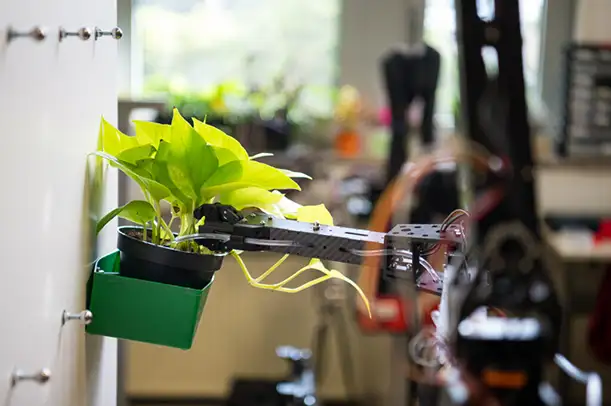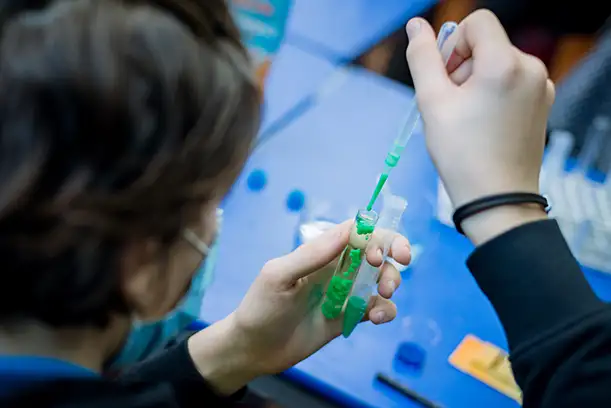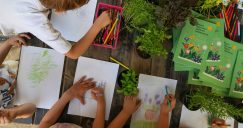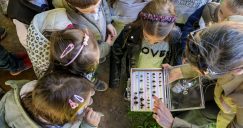In an era defined by the urgent need for climate action, the intersection of food and climate justice has become a focal point for sustainable change. The choices we make regarding food production, distribution, and consumption play a pivotal role in mitigating climate change and promoting environmental sustainability.
The Future of Food
The future of food is at a crossroads, with the global population expected to reach nearly 10 billion by 2050 and according to the United Nations Environment programme (UNEP) the global food demand will soar by 56 per cent. Addressing the challenges of food security, resource depletion, and environmental degradation requires innovative solutions. Sustainable agriculture practices, such as regenerative farming, precision agriculture, and vertical farming, are gaining traction. These methods prioritize soil health, reduce water usage, and limit greenhouse gas emissions, contributing to a more resilient and eco-friendly food system.


Slovenian Learning Venture
Kersnikova institute (Ljubljana, Slovenia) is operating in the field of investigative art, culture and education practices focusing on the future at the nexus of art, technology, science and society. Through LEVERS, we will form a Slovenian Learning Venture, committed to reimagining food sustainability and related climate change issues through art and innovation. Collaborating with experts and engaging the perspectives of the youth—our future leaders—we aim to conceive and execute climate actions that go beyond conventional approaches.
This endeavor is not confined to academic pursuits alone. We are dedicated to the practical application of our findings. By actively integrating the outcomes of our project into school curricula, we aspire to empower young minds with the knowledge and tools necessary to confront the challenges posed by climate change.
How art can support climate justice
The future of food and climate justice is a shared responsibility that requires collective efforts from individuals, communities, governments, and businesses. Art, with its ability to communicate, inspire, and provoke, plays a crucial role in this journey. By harnessing the power of artistic expression, we can cultivate a deeper connection to the challenges at hand, fostering a global movement toward a more sustainable and just future. In navigating the complexities of the 21st century, let art be a guiding force, reminding us of our shared responsibility to nourish the planet and each other through the recognition that everybody needs to eat. Food, as the common denominator transcending cultural, ideological, and national beliefs, holds a meta-position as the opportunity where differences, strangeness, unexpectedness, etc., are met and embraced with curiosity, delight, understanding, and expertise.

In cooperation with schools, we will encourage youth to actively shape groups of interest on specific topics. We will use our knowledge to help them implement projects, help them with public presentations and disseminate their ideas and projects. We will draw inspirations from contemporary investigative art projects showcased at the Kapelica Gallery. This will be possible due to our well-equipped Artifical Life Laboratory, where we research and develop these projects. Artificial Life Laboratory includes makerspace, WetLab and BioLab.Theseprojects serve as windows into the complexities of modernity while offering imaginative projections of potential future scenarios. By weaving the insights and artistic expressions from art projects into our workshops, we not only engage young minds but also encourage them to contemplate the ever-evolving nature of the world around them. Through this synthesis of art and education, our goal is to equip children with the skills to navigate uncertainties, cultivate creativity, and inspire a proactive approach to shaping the future.






